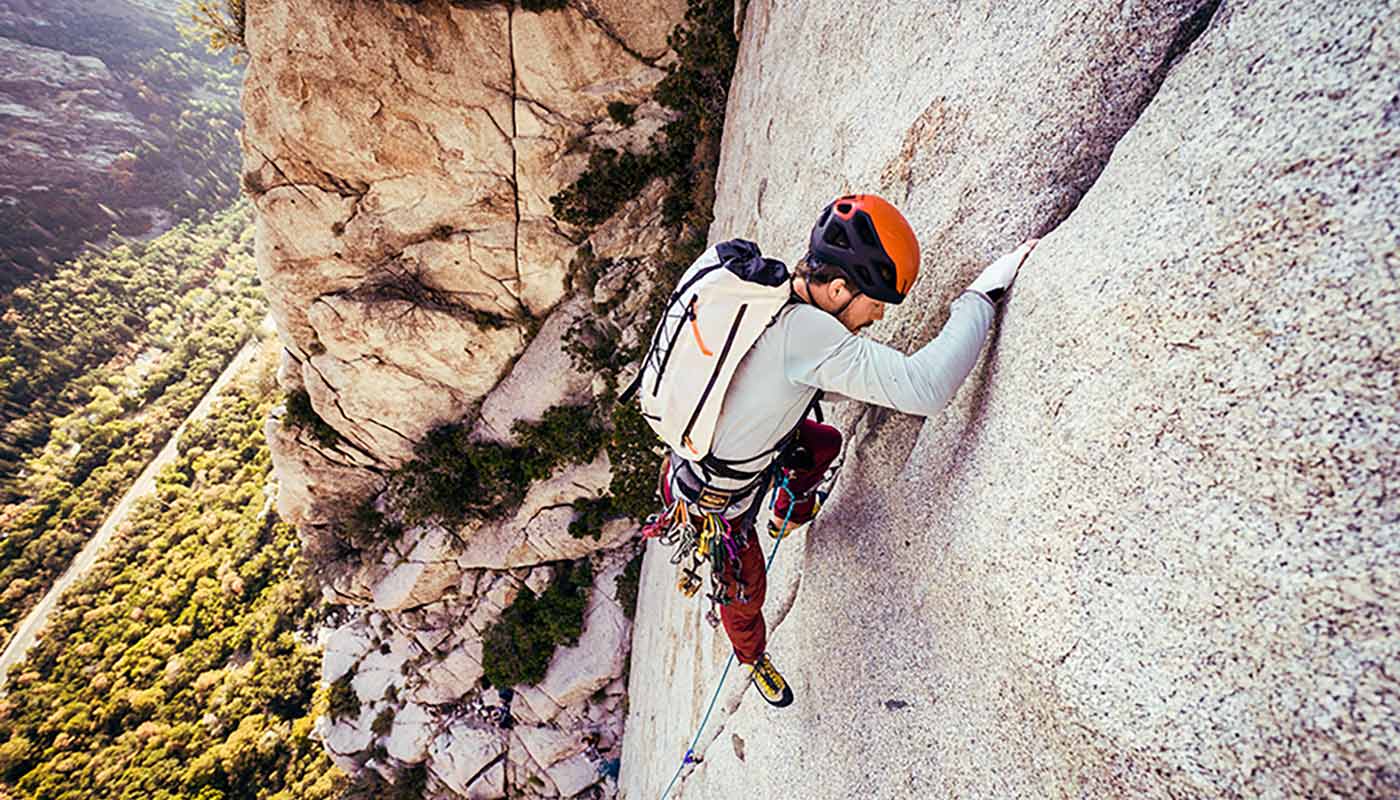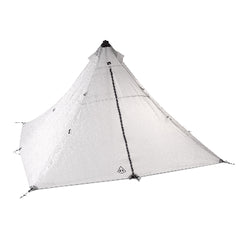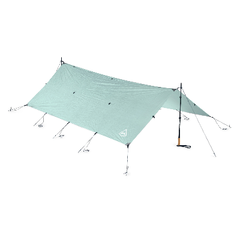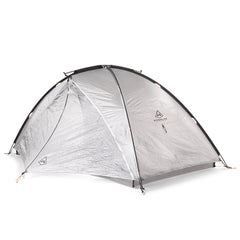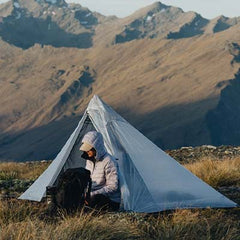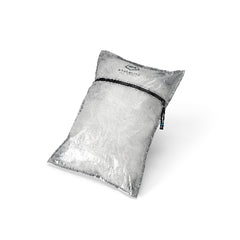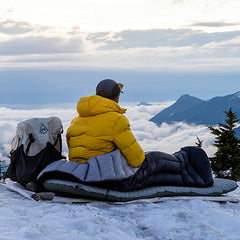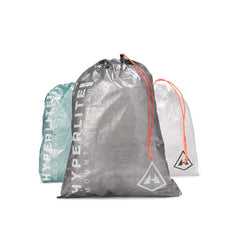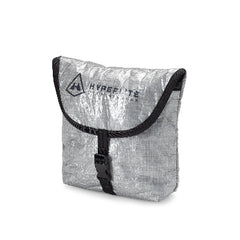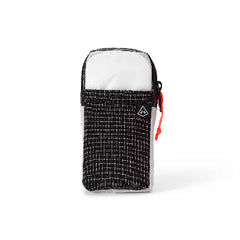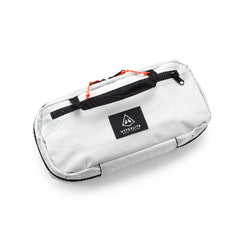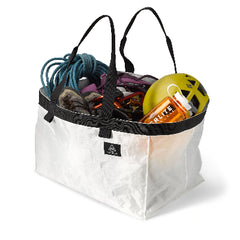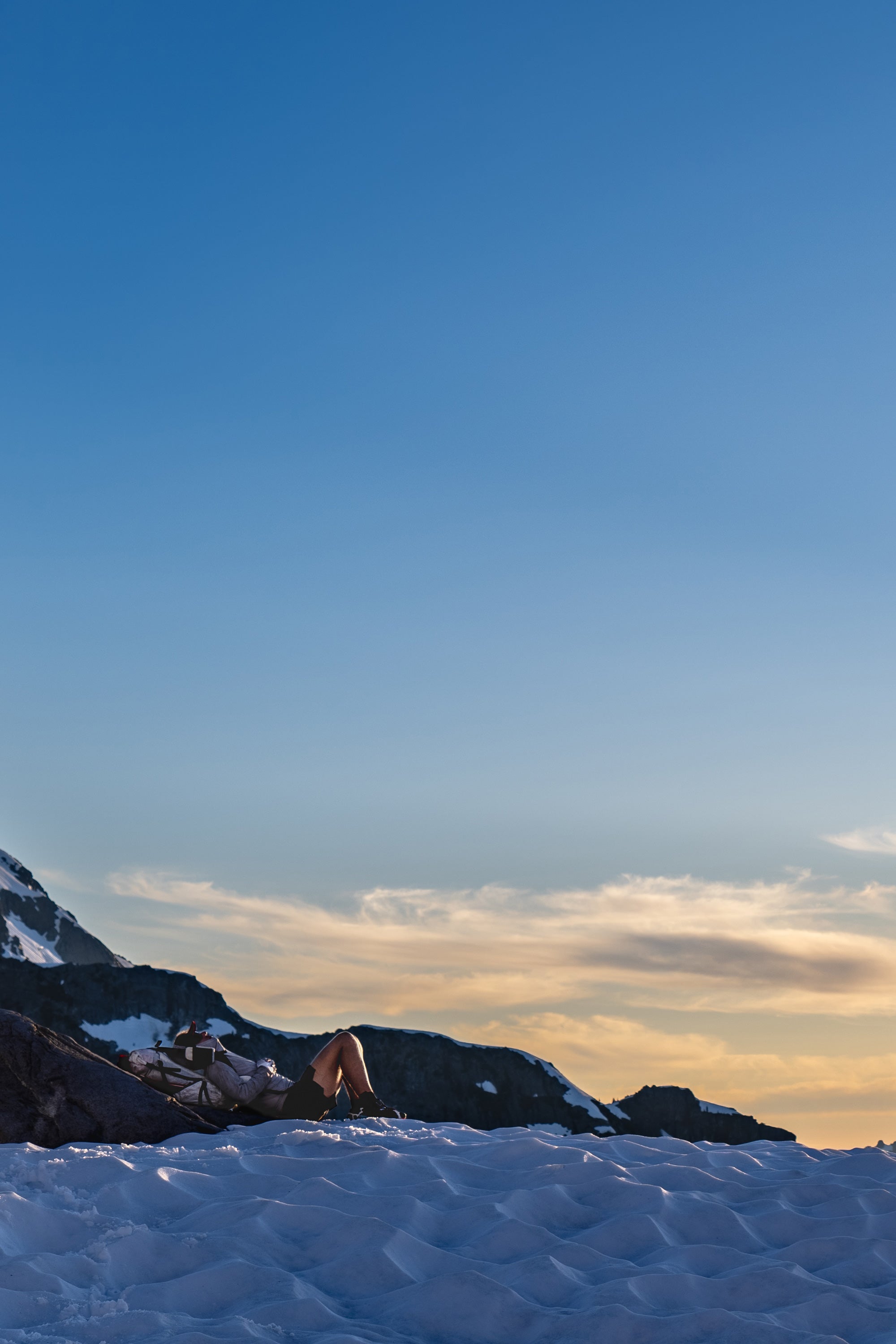The Trailhead
Every journey has a first step. And some of the greatest, most meaningful journeys begin at trailheads. Welcome to ours! Here you’ll learn about gear, see route and trail intel, and dive into stories, images, and videos from our global community of adventureheads like you. Think of it like "The Third Place"–not home, not work, but your other most important/favorite place. The spot to hang out around like-minded people and have your life decisions and priorities validated. You won't need to justify your latest gear purchase or explain why you're using up all your paid time off hours to this crowd. They get it. Let’s go!

SHELTER DILEMMAS FOR OROGENESIS, THE WORLD'S LONGEST MTB TRAIL

ROLLING TIDES: LOTS OF SIGHTS, ON THE MIND

GRAND CANYON GEMS WITH PETER BUGG: THIRD TIME’S THE CHARM

PREP FOR A MULTI-DAY SPLITBOARDING/SKI TRIP WITH STRATTON MATTESON

BAJA BETA: NOTES AFTER BIKEPACKING THE BAJA DIVIDE

SPUDKIN AND SADER ICE CLIMB DEVILS KITCHEN HEADWALL AT MT HOOD

KAREN LANE SHARES THE GREEN MAGIC OF SENECA ROCKS

FLO’S GUIDE TO FINDING THE PERFECT CAMPSITE ON TRAIL

ROLLING TIDES: GUIDED BY A BEACON OF KINDNESS

JUST PEDALED: MARCO JOHNSON COMPLETES THE EUROPEAN DIVIDE BIKEPACKING ROUTE

ADVENTURES IN PARALLEL WITH PETER GIERLACH


